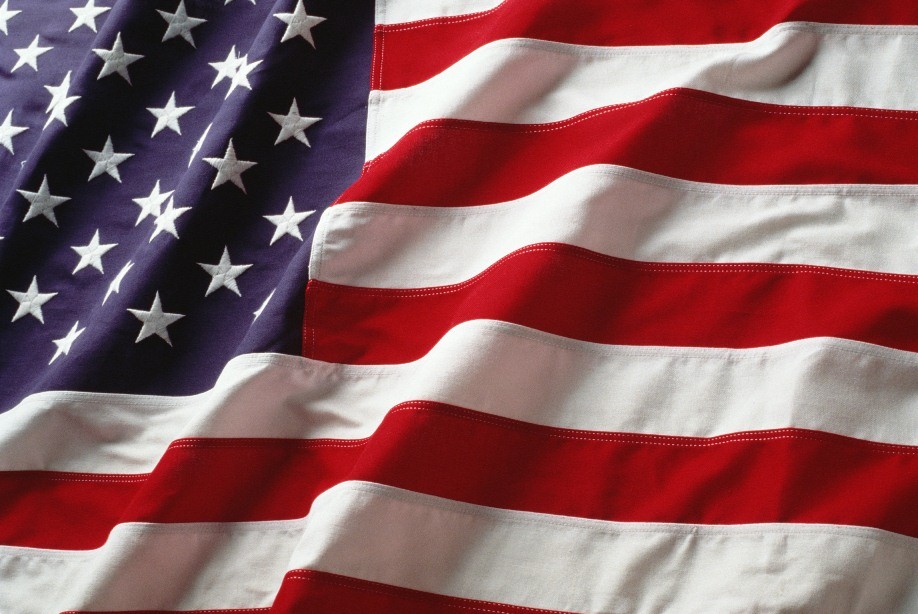Under that same flag, in the 1950’s and 60’s, many ads for jobs in the major Memphis newspaper stated, “No Negroes need apply”; and still today, many Black people are unemployed, and those who do have jobs often find themselves as the only token Black person working in a department or a company all across the United States.
Under that flag, In 1950, just two years after the 1948 order to end segregation in the U. S. Military, I saw my brother drafted just out of high school into the still-segregated US Army to fight in the Korean War.
Under that flag, while my brother was fighting for the freedom of people in a foreign land, I saw Martin Luther King, Jr. and other Civil Rights leaders leading us Black people in a fight for the right to vote, the right to get an education, the right to get a job, the right to ride equally on public transportation, the right to eat at a restaurant, and the right to use a public restroom.
Under that flag, I was 14 years old when my class learned how to add the phrase “one nation under God, indivisible” to the Pledge of Allegiance. No family is more patriotic than mine, and I truly believed and hoped that someday those words would become true.
Under that same flag, as a teenager, I purchased a hamburger at a window below a sign that said “Colored,” I rode on the back seat of the bus, I never was allowed to stay in a hotel, and I saw my father called “boy” by the young male who pumped gas at the filling station.
Under that flag , in 1954, the Supreme Court ruled in Brown vs. Board of Education that the segregated schools I attended were inherently unequal. Yet, in 2017, most Black children are still receiving a low-quality, unequal education with a low-level curriculum and the least experienced teachers.
Under that same flag, in 1955, I read about 14-year-old Emmett Till’s murder by white racist criminals in Mississippi; and, in the Twenty-First Century, I am still seeing young Black men being murdered, sometimes by racists, sometimes by their own misguided peers, and too often by legitimate law-enforcement officials.
In 1957, under that same flag, I wanted to enroll at the University of Tennessee in my home town, but, three years after Brown vs. Board of Education, UTMB was open to whites only.
Under that same flag, I instead enrolled at an historically Black institution in Little Rock, Arkansas, where, during that first month, I saw crowds of whites yelling insults and derogatory racist language at nine Black children trying to enter Central High School. I heard Governor Orval Faubus say that Black children would never be enrolled in that public school, despite the fact that Black people paid their taxes to support that school and many other schools that they could not attend.
Under that same flag, for the past few decades, I have seen young white cocaine users sent home to the protection of their parents, while many Black crack cocaine users have been sent to prison with a minimum 10-year sentence.
Under that same flag, whites are allowed to drive freely without fear of profiling anywhere they please, while black drivers are targeted for being in the wrong community or for a broken tail light, sometimes leading to their violent deaths at the hands of those who have vowed to “protect and serve.”
Is there any wonder that some people can stand proudly and salute the flag, while others have to take a knee to pray that they will someday be treated with dignity and not brutalized in “the land of the free and the home of the brave”?
Under that flag, some can stand proudly, while others must still fight for change.
Under that same flag, our ultimate hope of “one nation, under God, indivisible,” is sadly not yet realized. But I still have hope that one day all will be treated positively and equally under that same flag. I hope and pray that we will all be able one day to exercise our inalienable rights of “life, liberty, and the pursuit of happiness” without fear of reprisal, persecution, denial, profiling, or brutality.
Meanwhile, our struggle is not over. The post-racial society has not yet arrived. Yet, whether it was intended for all or not, I am thankful that we can exercise the First Amendment freedom to protest, to speak up and speak out, and to make the individual decision to stand or to kneel as we strive for change.

 By Dr. Dorothy L. W. Smith
By Dr. Dorothy L. W. Smith

